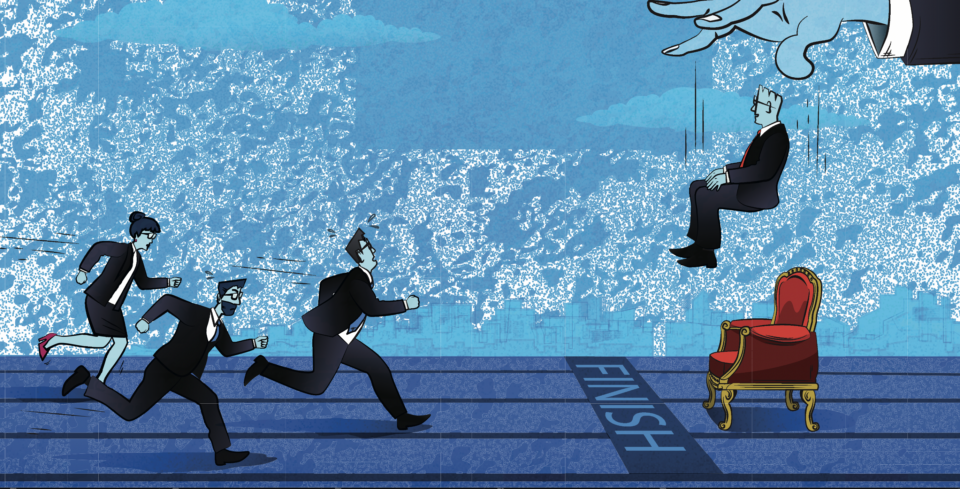Oakland Rising is working with allies including Common Cause and Bay Rising as part of the Bay Area Political Equality Collaborative to educate and mobilize voters in support of bringing campaign finance reform to Oakland in the form of Democracy Dollars. Such voucher systems help build power in politically underrepresented communities and redistribute power from wealthy white residents back to the community.
Find the original Bay Rising article here.

The polls are closed. The votes have been counted. After months of chaos and uncertainty, Gavin Newsom will continue to serve as governor of California, at least until his re-election campaign next year.
However, the corporate and big money spending in politics is far from over, even after millions of voters cast their ballots. Political donors chipped in nearly $100 million to fund the “yes” and “no” campaigns.
It makes you wonder — whose interests are being served here? Certainly not the majority of Californians who opposed the recall. Even those who voted for the recall will see no benefit from an endless stream of lies. California taxpayers are on the hook for an estimated $276 million to administer the election. It’s hard not to see the whole exercise as a waste of time and resources that would have been better spent stopping the COVID crisis and helping families and communities recover.
Unfortunately, the recall election is one more example of how powerful special interests dominate our political conversation and drown out the voices of regular people. More than 97 percent of the campaign contributions raised for the recall election came from big donors; less than 3 percent were small-dollar donations of $100 or less. Nearly $50 million of Newsom’s haul came from contributions of $100,000 or more. A Loyola Law School professor told Mother Jones that the campaign felt like “a rich person’s game.”
And no matter who wins, it’s the people of California who lose.

In a democracy, every voter’s voice should be heard, and every voice should count equally. That way we can all have an equal say over the decisions that affect our lives and our families. However, our current process is out of balance, as big money yells the loudest, sets the agenda, and rigs the rules in their favor.
We can do things differently. We can reward grassroots campaigns and allow people who aren’t celebrities or millionaire real estate developers to run for office and win.
That’s what we’re working on bringing to the Bay Area. For example, in recent elections in Oakland, the majority of contributions to local candidates have come from outside the city. Multiple billionaires, including former New York City Mayor Michael Bloomberg and oil heiress Stacy Shusterman, contributed well over $1 million to Oakland school board races in 2020. This kind of spending results in policies that don’t reflect our communities’ needs. We need to encourage more residents to play an active role in local elections; then candidates will be accountable to the people — not wealthy donors and special interests.
The solution we’re proposing is “democracy dollars.” Pioneered in Seattle, this type of small-donor program has amplified the voices of ordinary Americans, given more diverse candidates the opportunity to run and allowed candidates to spend more time listening to their constituents — instead of hobnobbing with wealthy donors and kowtowing to special interests.
Now that Election Day is behind us, it’s time to think about how we can make the promise of democracy real for us all and change who has access to power in this state. It’s time for democracy dollars.
